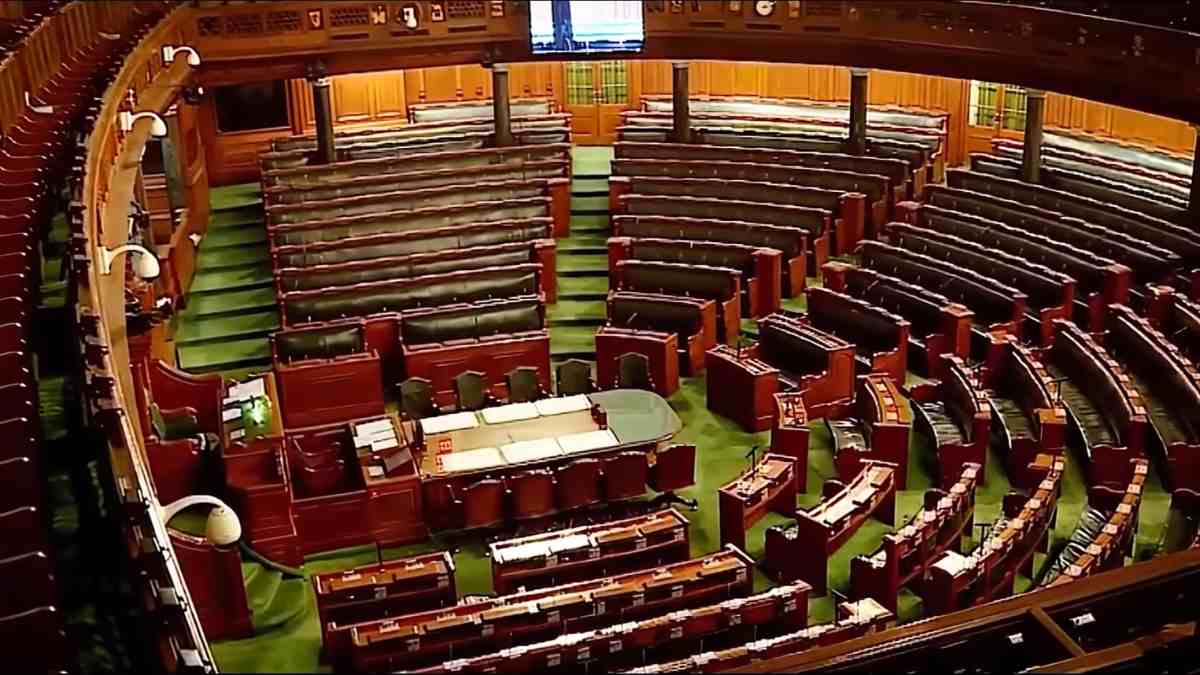Union Minister Amit Shah introduced three new bills on Friday 11 August 2023 to replace 164-year-old laws from the British era. The three laws that will be replaced are: the Indian Penal Code (IPC), the Criminal Procedure Code (CrPC) and the Indian Evidence Act.
The Honorable Home Minister of India, Sri #AmitShah ji is ready to introduce 3 new bills in LokSabha. These repeal and replace the IPC, CrPC and Indian Testing Act respectively.
CIP->Bhartiya Nyaya Sanhita
CrPC -> Bhartiya Nagrik Suraksha Sanhita
Test Law -> The… pic.twitter.com/8d2kw4m63o
– Tehseen Poonawalla Official 🇮🇳 (@tehseenp)
August 11, 2023
The three new bills being introduced are the Bharatiya Nyaya Sanhita Bill, the Bharatiya Nagarik Suraksha Sanhita Bill and the Bharatiya Sakshya Bill.
“The laws that will be repealed…the aim of those laws was to protect and strengthen the British administration, the idea was to punish and not to do justice. By replacing them, the three new laws will bring the spirit of protecting the rights of the Indian citizen said the Union Minister in the Lok Sabha.
The intention is to dispense justice rather than impose punishment. Emphasizing the bills, he noted that they will address issues such as “terrorism, lynchings and crimes against women.” The country’s criminal justice system, which has adhered to laws made in Britain from 1860 to 2023, is poised for substantial change as all three laws are scheduled to be superseded. Shah noted that this alteration will bring a significant transformation in the country’s criminal justice system.
Related | How does a bill become law?
Section 150 of the Bharatiya Sanhita Suraksha Bill considers a recommendation by the Law Commission of India to increase the alternative punishment for sedition from 3 to 7 years. The commission suggests keeping the 153-year-old sedition law intact to avoid harming the country’s security and unity.
They also want to amend Section 124A of the IPC (sedition law). The commission proposes to change the sedition law, which currently allows up to life in prison or 3 years, to have an alternative sentence of 7 years. This would allow courts to decide penalties based on severity.
Section 44 of the Bharatiya Nyaya Sanhita Bill allows for self-defense against deadly attacks, such as mob raids. Section 31 says that unintentionally causing harm through well-intentioned communication is not a crime.
Bharatiya Nagrik Suraksha Sanhita is free on bail if the accused serves half of the maximum sentence during the trial. Some crimes are intended to be gender neutral. Bharatiya Nyaya Sanhita adds crimes related to terrorism and organized crime.
The introduction of these bills will go a long way in improving the judicial system of the country.
You may also like | Chandrayaan-3 vs Luna-25: Who will reach the Moon first?
Categories: Optical Illusion
Source: ptivs2.edu.vn
